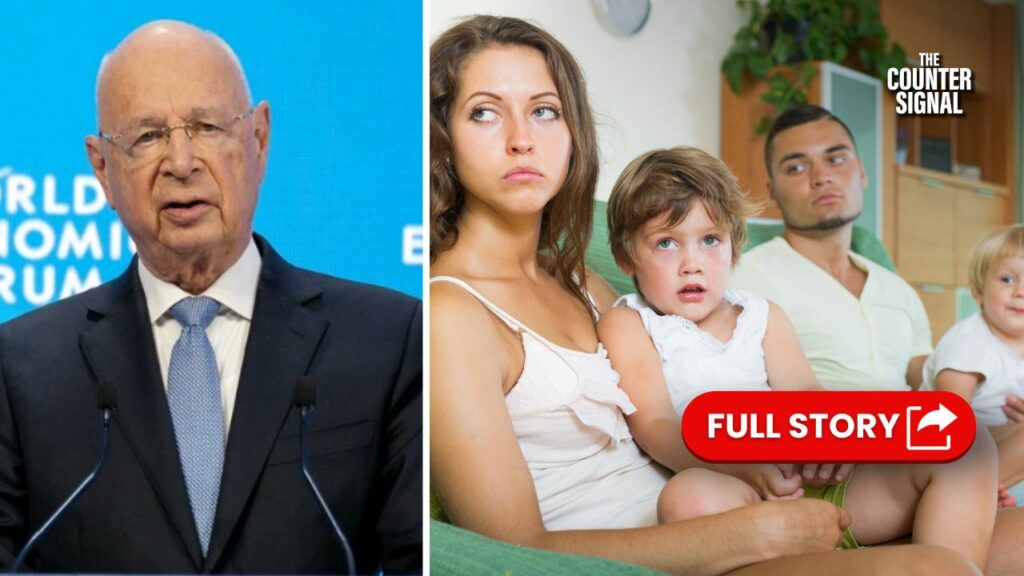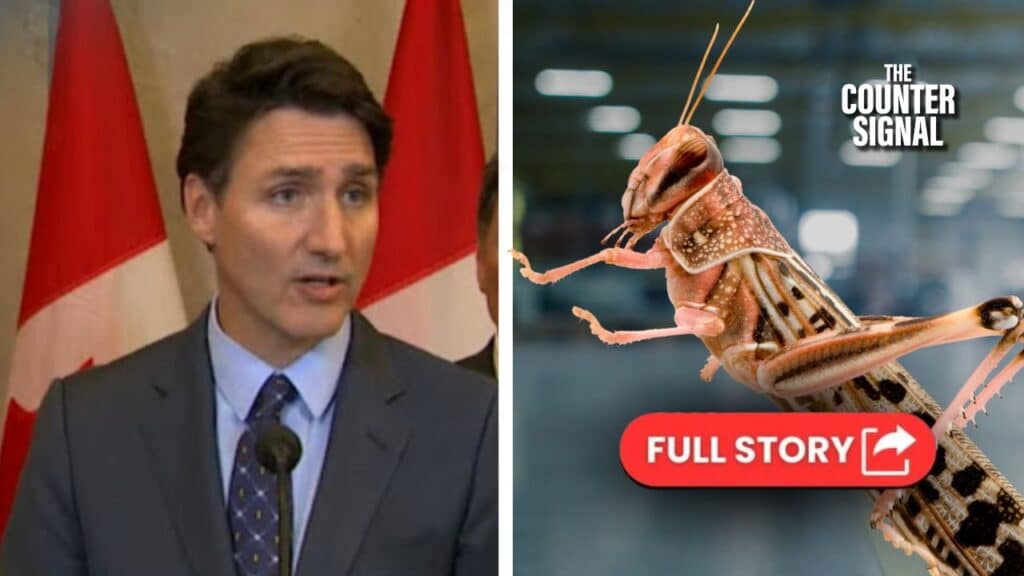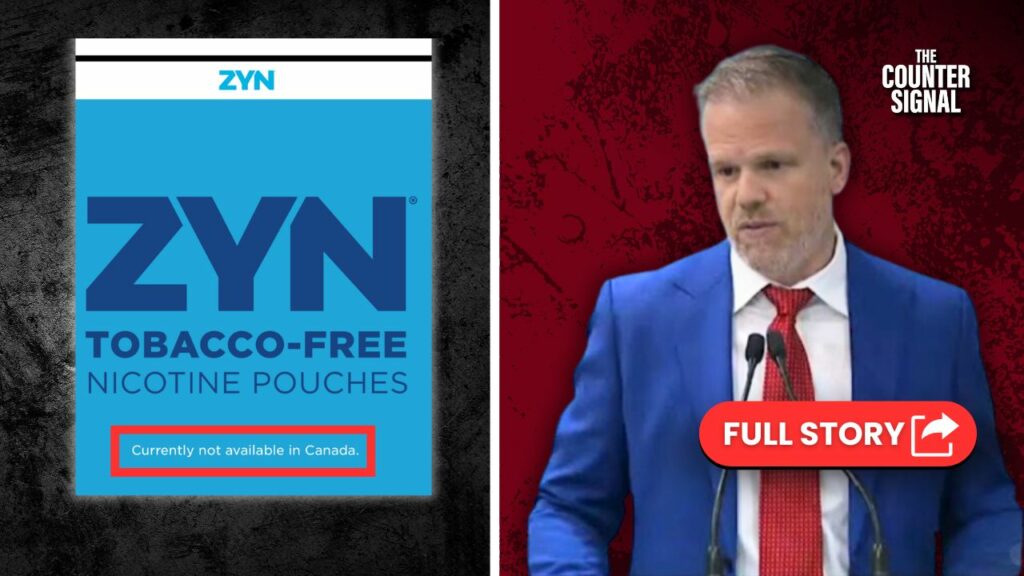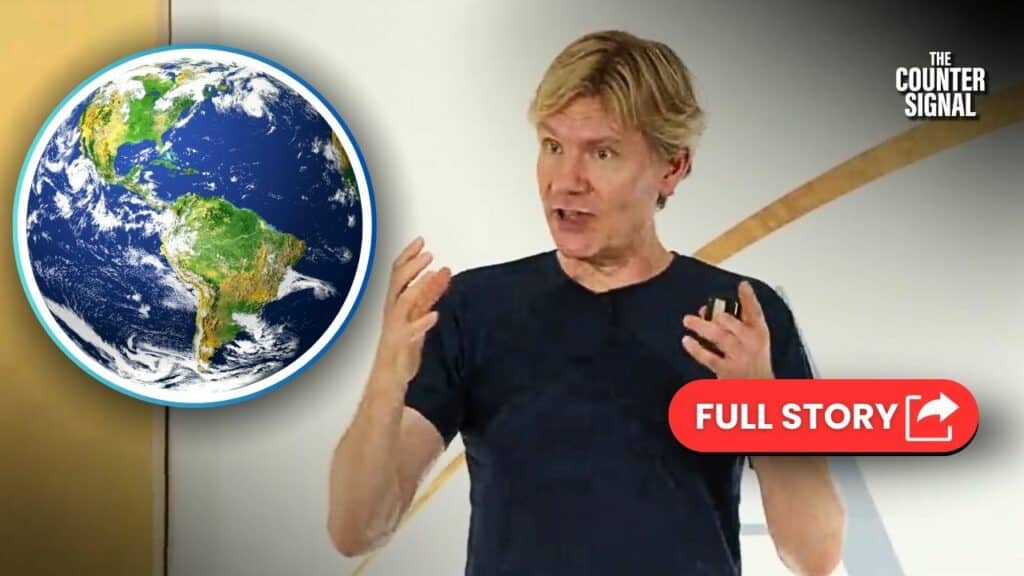A May 15 update from the World Economic Forum advocates against car ownership and promotes a ‘One Less Car’ lifestyle, highlighting a recently completed study out of Australia.
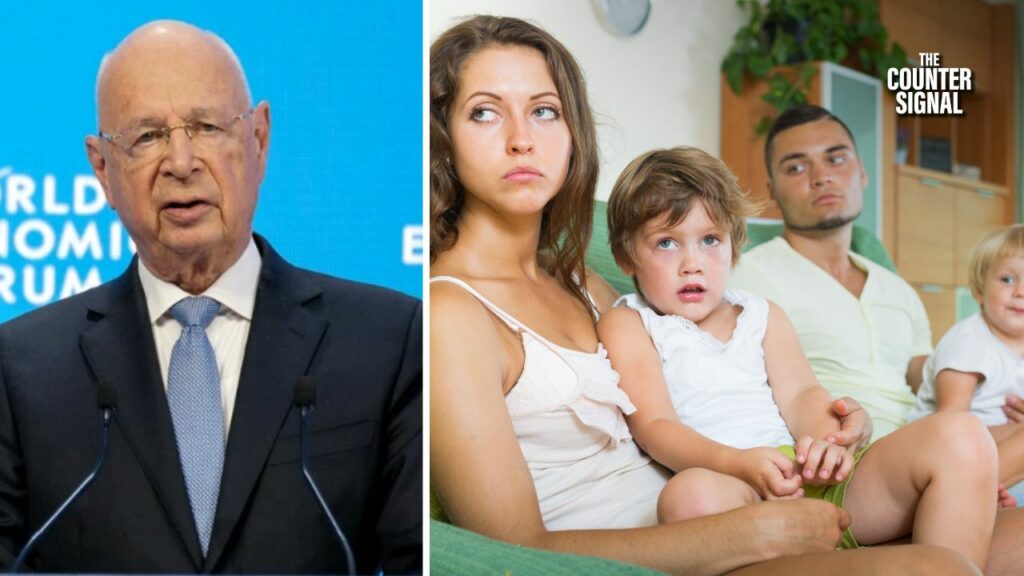
The WEF noted that Uber Australia conducted the One Less Car trial alongside behavioural scientists and other rideshare companies in an effort to reduce the usage of cars on the road.
The article states that electric vehicles are part of the solution, but adds: “We must also shift the ‘one person, one car’ mentality.”
For four weeks, 58 Australians gave up driving one of their cars (moving from one to zero, or from two+ to one+), using alternative forms of transportation to get about.
Less cars meant they walked more, used public transit more, rode their bikes more, and so on.
“I’m continuing to see the value of not having a second car,” one of the participants said after the 5-week long study.
The article goes on to highlight “seven actions that city planners and leaders can focus on to support Australia’s green transition.”
These include implementing “policy reform towards one less car,” they state.
The unelected organization further promotes framing the policy as one that gives citizens more choices rather than less freedom.
“The full suite of city plans and strategies must pull together to end the overreliance on the private car so that all people have four-plus travel modes to choose from no matter where in the city they live, work, study or play.”
Expect “Pain”
Last year, Norwegian Finance CEO and WEF speaker Kjerstin Braathen said that people should expect “pain,” inflation, and “energy shortages” due to the WEF and the UN’s climate change agenda.
“We need to accept that there will be some pain in the process,” Braathen said.
“The pace that we need [to end climate change] will open up for missteps. It will open up for shortages of energy. It will create inflationary pressures, and maybe we need to start talking about that — that that pain is actually worth it.”
Freeland mum on conflict of interest
Canada’s Finance Minister Chrystia Freeland had a secret meeting with the WEF during her Davos trip last January, documents reveal. Neither the WEF’s public program or Freeland’s itinerary showed the meeting took place.
Many contend that Freeland’s membership on the WEF’s Board of Trustees represents a conflict of interest, specifically with respect to section 15(1) of the 2006 Conflict of Interest Act.
